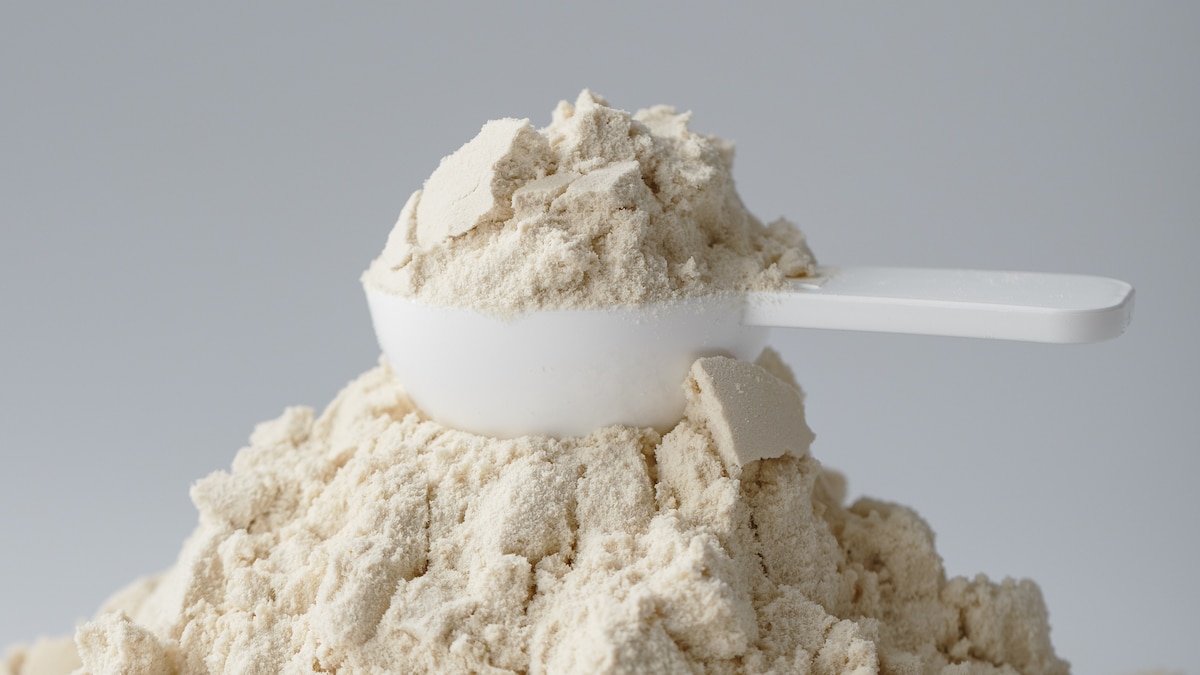St. Pierre says these foods are “not inherently bad,” but, he adds, “I wouldn’t rely on them as a way to get your protein intake.” Unfortunately, that’s what he sees many people doing. “They’re finding these ultraprocessed foods, which are okay in moderation, and treating them [as if] they’re equivalent to a chicken breast, which they’re not.”
With all the talk about protein, some people are missing the point, says St. Pierre. “We want plenty of protein, but we don’t want to eat only protein or use protein as a health halo,” he says. A protein cookie is still a cookie. “That’s just a company adding three extra grams of protein to make it sound like it’s more beneficial for you.”
The key is to think about what you want out of what you’re eating: “If you’re eating it for protein, there are better ways to get it,” Oppezzo says. “I think people have this intense health halo around it, that if I eat protein, I won’t gain weight, it’s only going to help my muscle and I’d rather eat protein at any cost rather than something else.” In diet culture, she says, people tend to mix up morality with food choices, labeling certain ones “good” or “bad,” but that kind of black-and-white thinking can lead to overly restrictive eating.
That’s true of ultraprocessed foods as well; they aren’t innately “bad” and you don’t need to cut them out entirely, but they should only be 20 to 30 percent of your daily calories at a maximum, according to St. Pierre. If you make a frozen pizza once a week and decide to replace that with a “high protein” frozen pizza, “that could potentially be very slightly helpful,” he says.
But like every diet trend, getting too enthusiastic about protein can have drawbacks. While it’s a myth that overconsuming protein can lead to kidney problems, Oppezzo says, it can be dangerous for people with kidney disease or on dialysis. In those cases, or if you have any other preexisting conditions, speak to your provider or a dietitian with expertise in your condition, before upping your protein intake beyond the FDA recommendations. And eating large amounts of red meat can raise cholesterol, increasing the risk of a heart attack.

